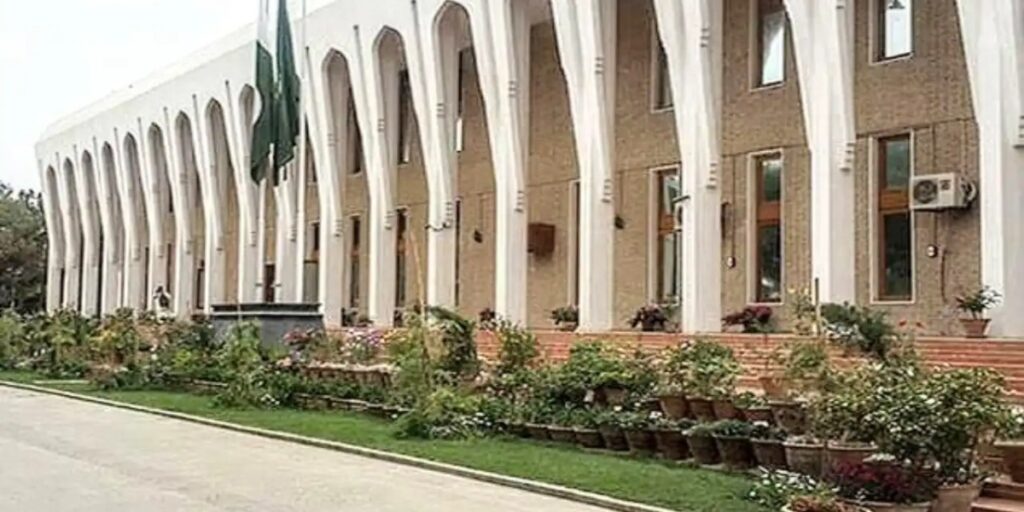Quetta: The Balochistan High Court has ruled that prisoners convicted under the Anti-Terrorism Act (ATA) 1997 are not legally entitled to any form of general or special amnesty or remission.
The court observed that Section 21-F of the ATA explicitly excludes terrorists from any right to pardon or sentence reduction, leaving no room for interpretation or relaxation.
A two-member bench, comprising Justice Muhammad Kamran Khan Malakhail and Justice Najamuddin Mengal, announced the decision after hearing several constitutional petitions filed in 2023 and 2024, all of which were subsequently dismissed.
The petitioners had argued that they were entitled to presidential clemency under Article 45 of the Constitution and general or special remissions under the Pakistan Prison Rules 1978.
However, the court clarified that Section 21-F, inserted in 2001, was a deliberate legislative move intended to permanently exclude terrorism convicts from the scope of pardon in light of rising terrorism incidents and to ensure public safety.
The bench further emphasized that the Anti-Terrorism Act is a special law that overrides general laws such as the Prisons Act of 1894.
The court rejected the argument that denying such prisoners remission violates Article 25 of the Constitution, stating that terrorism convicts form a distinct legal category, and such classification is both rational and constitutionally justified.
Referring to notable Supreme Court judgments, including Sharwani Case, Government of Balochistan v. Azizullah, and Dr. Mubashir Hassan v. Federation of Pakistan, the court upheld the validity of reasonable classification under the Constitution.
The court directed the Home Department, Inspector General of Prisons, and relevant superintendents to immediately cancel all unlawful remissions granted contrary to the law and recalculate the sentences of affected inmates.
ALSO READ: Balochistan High Court declares Aimal Wali Khan’s Senate election valid
It also ordered that future grants of pardon or remission must strictly follow legal provisions and warned that any officials violating these directives would face disciplinary action.





